Raid in the Morning Mist
Australian police said on Thursday (October 26) that a Chinese crime syndicate called “Long River” allegedly laundered 229 million Australian dollars ($143 million) between 2020 and 2023 through Changjiang Currency Exchange, one of the country’s largest independently owned money transfer companies with dozens of outlets across Australia.
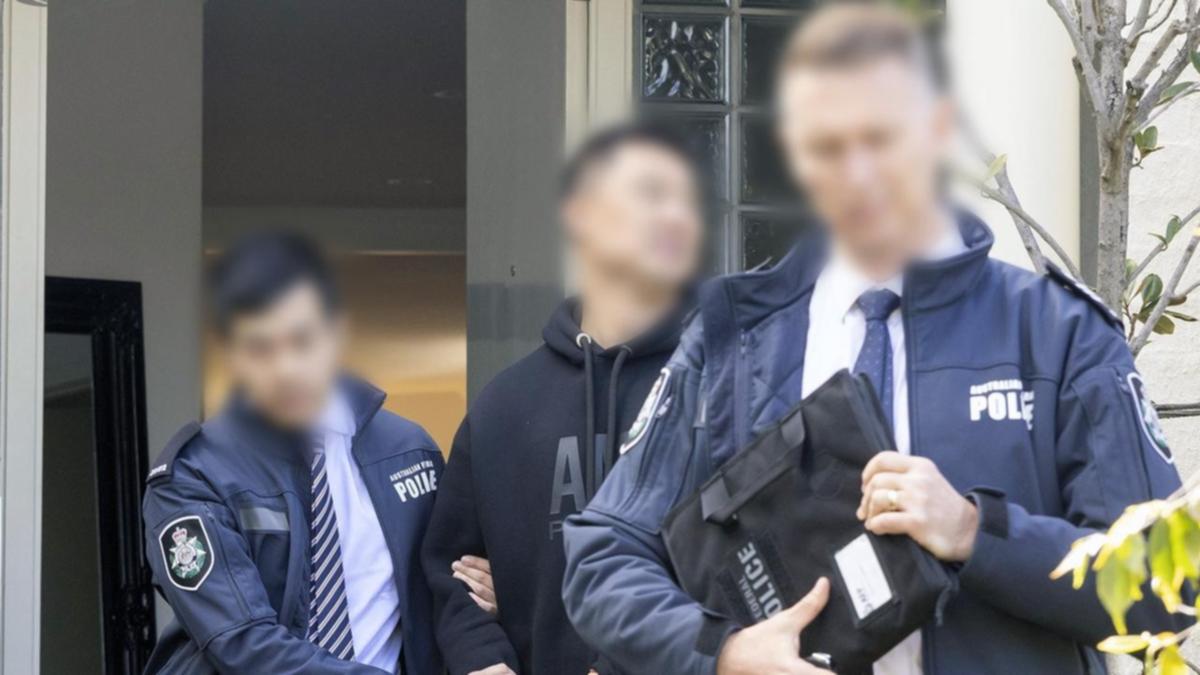
Australian police arrested a suspect in a money laundering ring on October 25. Photo: PerthNow
The charges were made after 330 police and financial crime experts raided apartments, homes and offices in five cities, including Melbourne, Sydney, Brisbane, Adelaide and Perth, in the early hours of October 25 and arrested seven people, including four Chinese nationals, believed to be members of the “Long River” gang.
“This syndicate is operating openly with shiny shopfronts across the country – it does not operate in the shadows like other money laundering syndicates,” Stephen Dametto, Assistant Commissioner of the Australian Federal Police’s Eastern Command, said in a statement on Thursday.
Investigators’ suspicions first arose when the Changjiang Exchange opened two new branches during the Covid-19 pandemic, Dametto said. “Many international students and tourists were returning home, and there was no clear business case for the Changjiang Currency Exchange to expand,” Dametto said.
Australian police allege the Long River gang disguised the proceeds of online scams, illicit goods trafficking and other criminal activities through the daily, mostly legitimate transactions of the Changjiang exchange, an amount estimated to be as much as A$100 million.
The laundered money helped the suspects enjoy a lavish lifestyle, with dinners at the country’s most famous restaurants, private jet travel and luxury homes worth more than $10 million. Investigators say they have initially frozen assets worth more than $50 million.
Police allege members of the Long River gang purchased fake passports, each worth $200,000 AUD, in preparation for fleeing Australia.
“Operation Avarus-Nightwolf”
The Guardian newspaper reported that the seven people arrested, aged between 35 and 40, will be tried in the Melbourne City Court, Victoria. Investigators will also continue to exploit the suspects' statements to expand the case, aiming to uncover the bottom of this "money laundering" ring.
The arrests announced are part of an official investigation codenamed “Operation Avarus-Nightwolf” that Australian police began in August 2022 with the help of six other domestic and foreign agencies, including the US Department of Homeland Security.
According to the Australian Federal Police’s Eastern Command Assistant Commissioner Stephen Dametto, the Long River gang is a sophisticated and complex money laundering mafia group that has deeply penetrated the financial services industry. “We believe that has allowed the gang to exploit vulnerabilities in the financial system more easily than many other criminal organisations,” Dametto said.
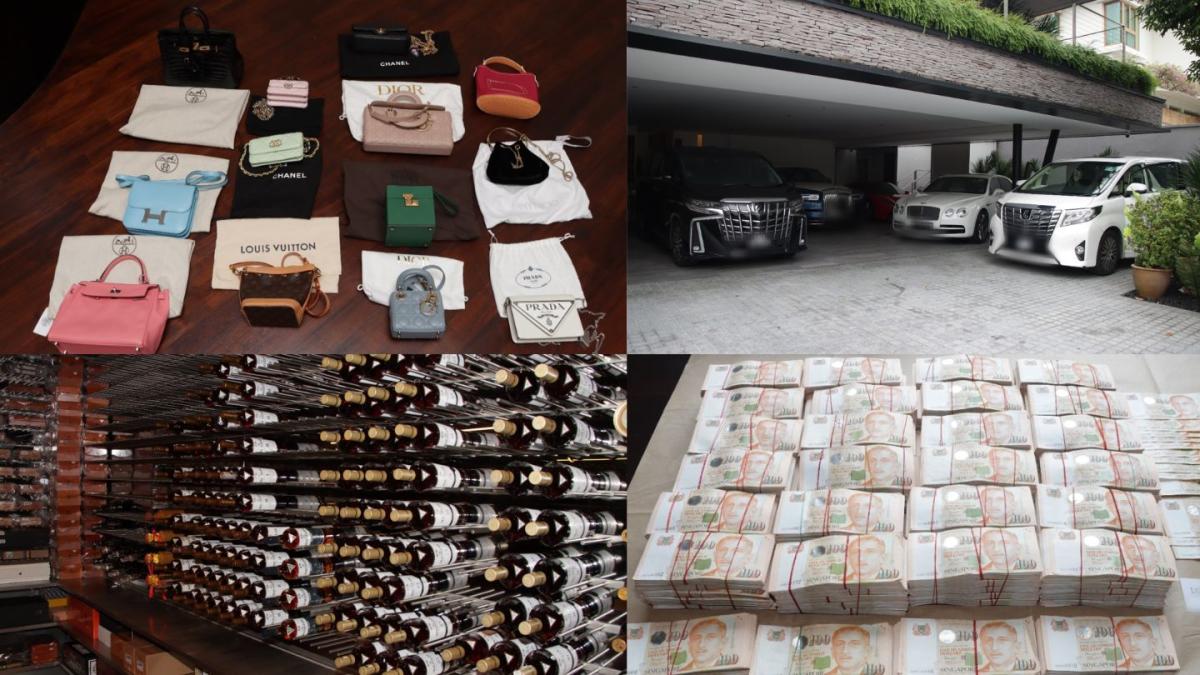
Billions of dollars worth of cash, supercars and luxury goods were seized by Singapore police from money launderers. Photo: CNA
The Guardian reports that experts estimate that Changjiang Currency Exchange moved more than $10bn in the past three financial years. Most of the money came from law-abiding customers, but Australian police allege the company also systematically facilitated organised crime to secretly move illicit money into and out of Australia during that period.
Money laundering is flourishing and becoming increasingly sophisticated.
In the face of accusations from Australian police, Changjiang Currency Exchange still claims that they are clean and comply with all legal regulations.
“Changjiang is a legally operating company approved by the Commonwealth of Australia and its Financial Transactions Reports and Analysis Centre (AUSTRAC) financial registration number is 100-572684,” Changjiang’s website states. “We are registered with AUSTRAC on the Money Transmitter Register and are subject to obligations under the Anti-Money Laundering and Counter-Terrorism Financing Act 2006.”
The final verdict is still pending in court. But the arrests by Australian police suggest that money laundering linked to Chinese criminal gangs is flourishing in the Asia- Pacific region. Just last month, Singapore police said they had arrested 10 suspects, all with Chinese passports, in a money laundering operation.
The scale of the case in Singapore is much larger than that in Australia. Authorities in the Lion City have seized cash, real estate, supercars, cryptocurrencies and luxury goods worth up to 2.8 billion Singapore dollars (about 2 billion USD). Some of the 10 suspects are also wanted by Chinese police for their involvement in an online gambling organization.
And just like in Australia, money launderers in Singapore are also very sophisticated in their skills and methods, thereby exploiting loopholes in the already tight financial system of the host country.
That said, money laundering operations are becoming increasingly complex, often carried out in stages and through multiple parties and transactions, making detection much more difficult than before. Not to mention, new technologies, culminating in digital assets, such as cryptocurrencies, are also providing additional avenues for criminals.
Quang Anh
Source




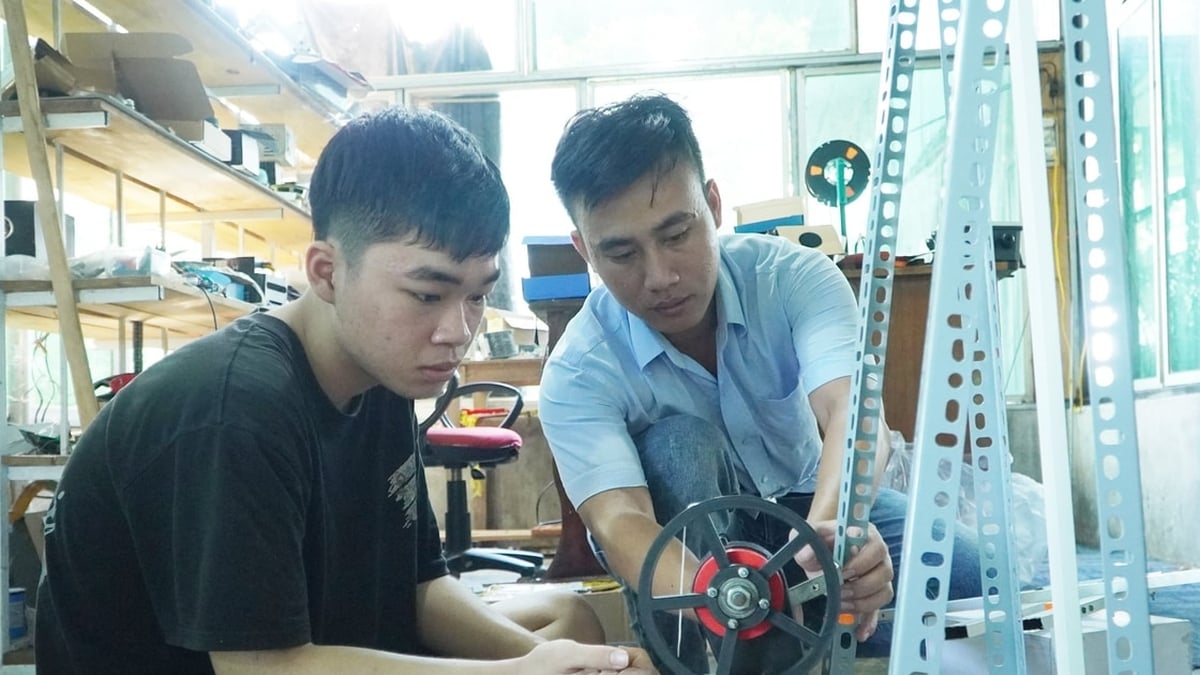
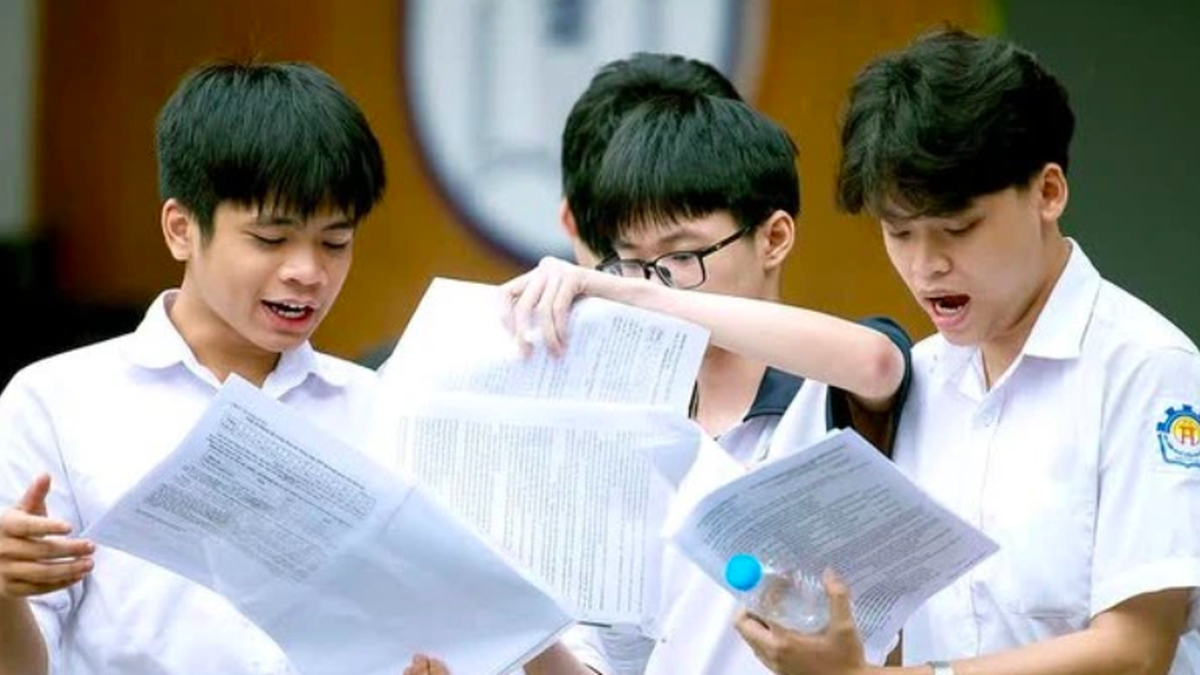
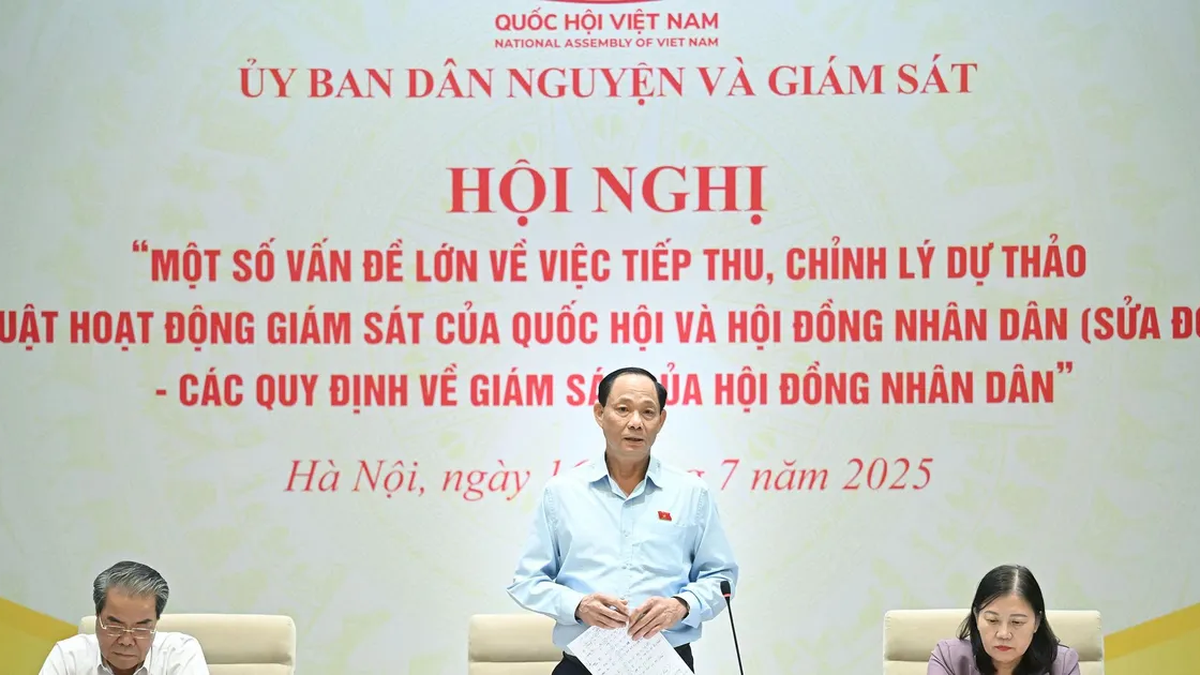
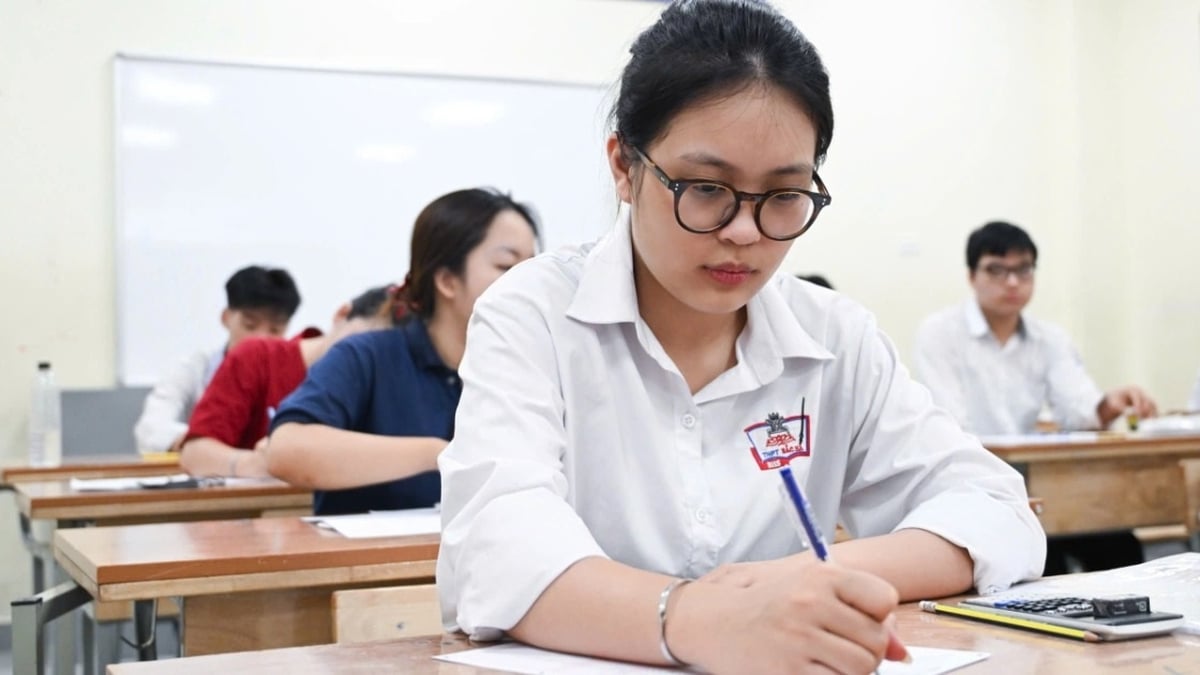
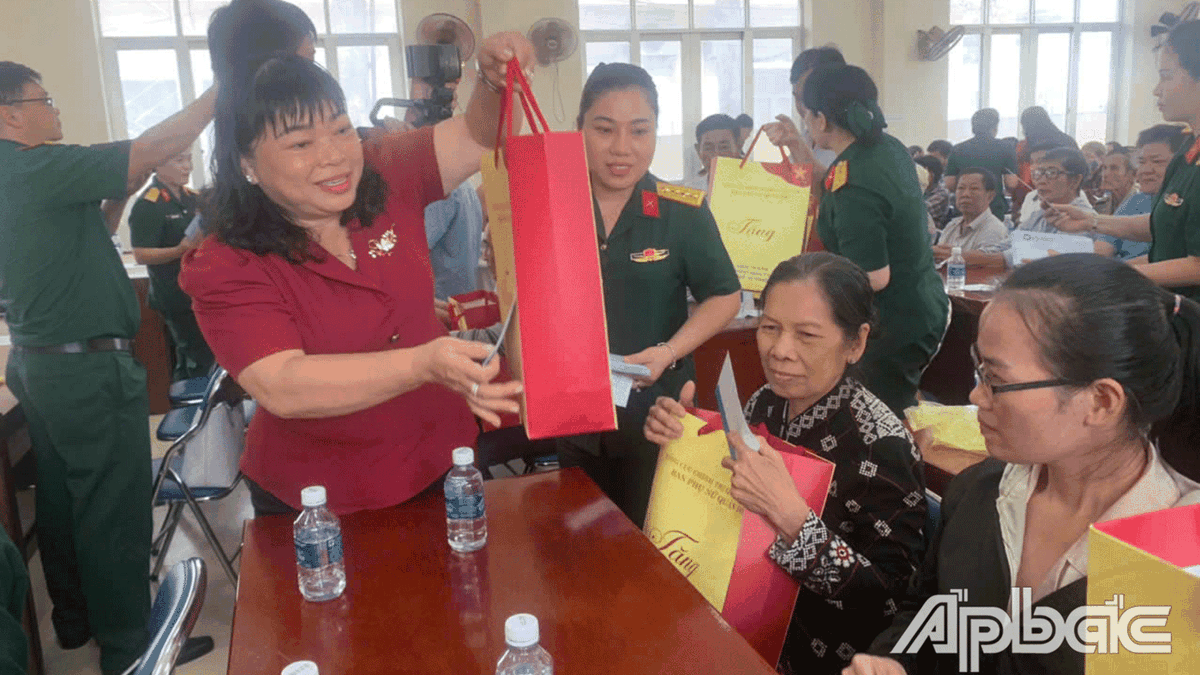
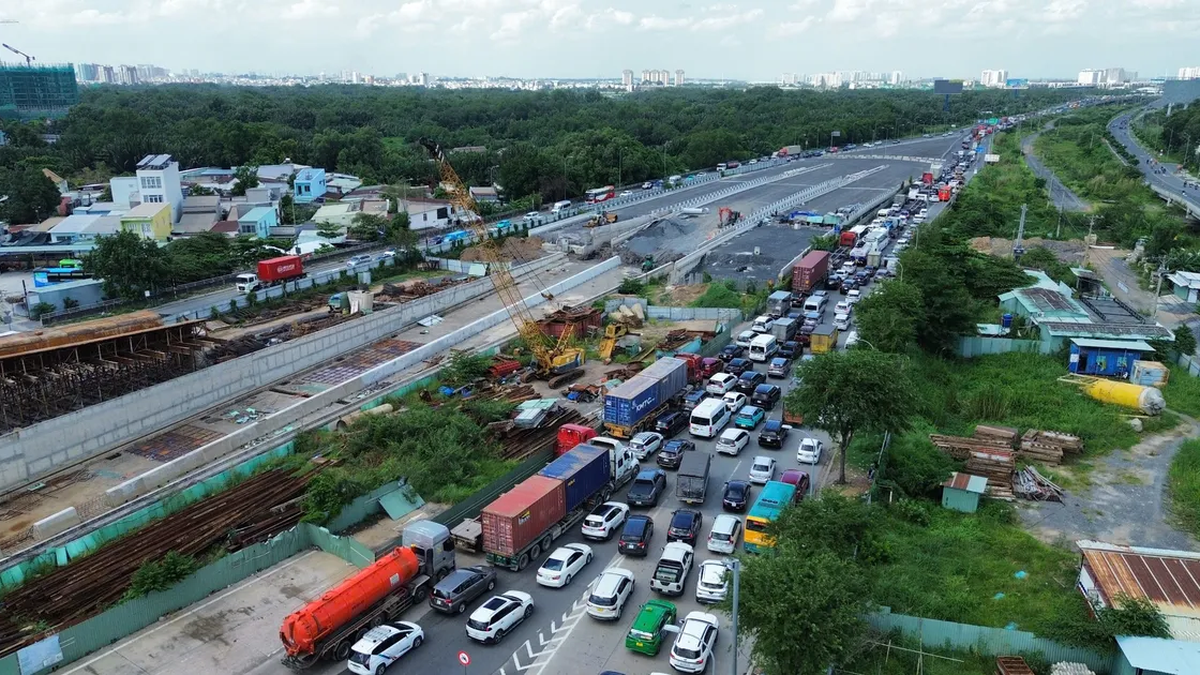

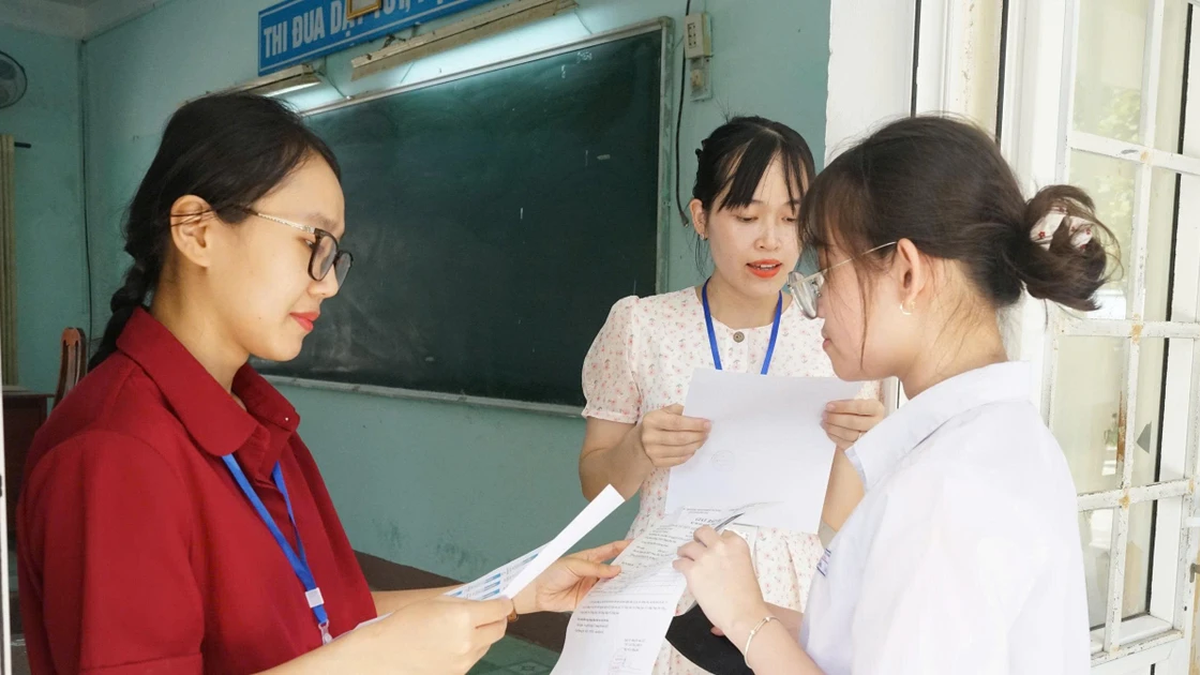




















































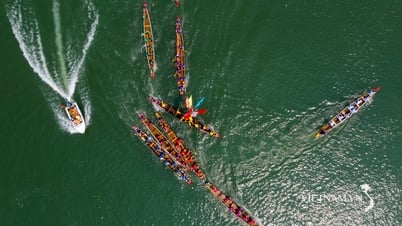




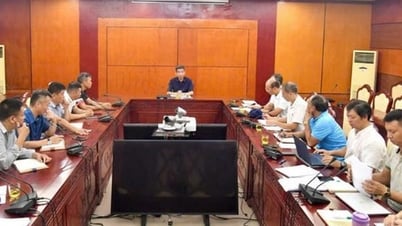
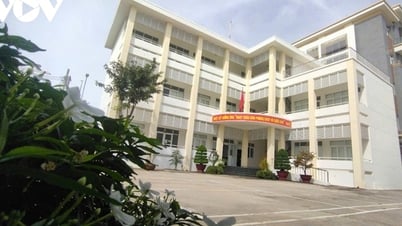
























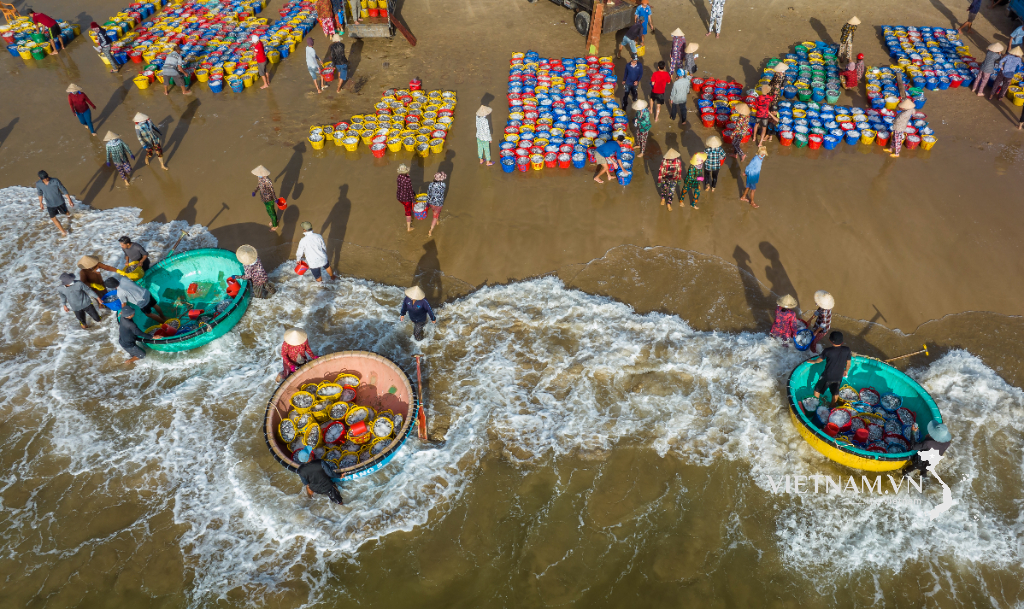

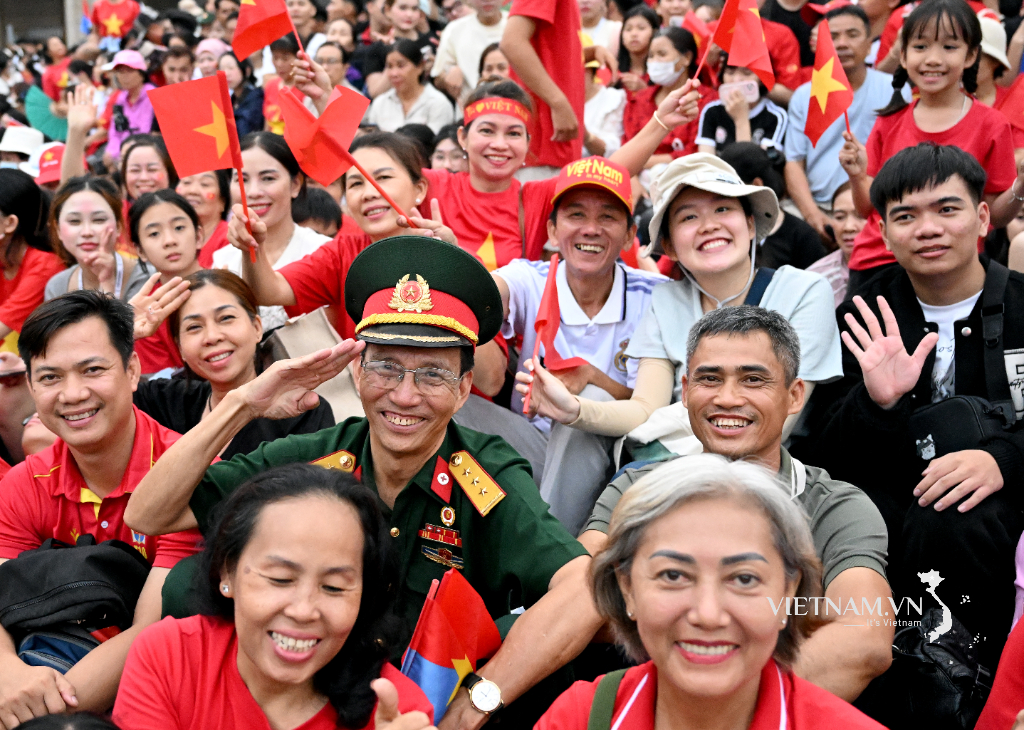
Comment (0)